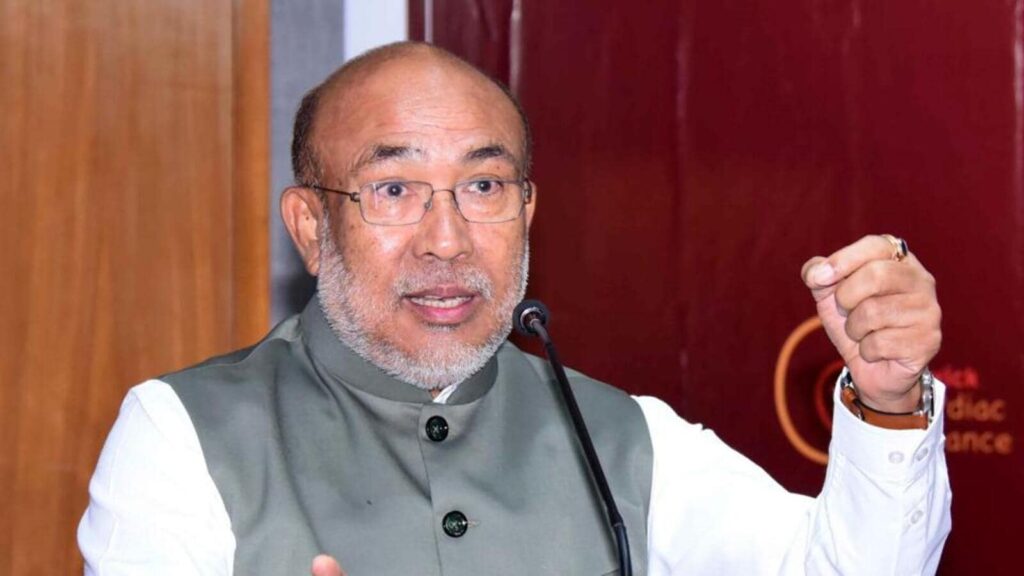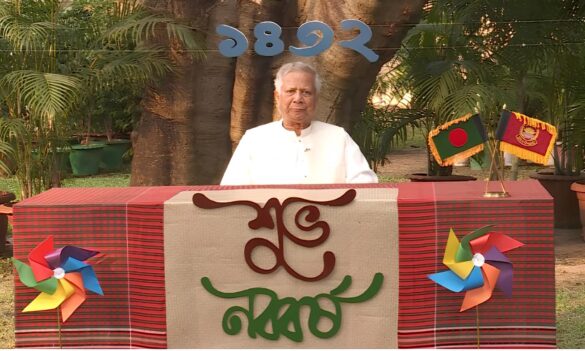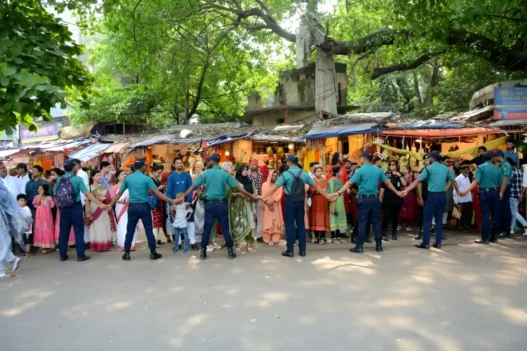Manipur’s Chief Minister, N Biren Singh, recently announced intentions to identify and deport individuals who arrived and settled in the state after 1961. However, his proclamation has stirred skepticism among experts regarding the practicality of such measures.
As per reports, experts welcomed the move to identify illegal immigrants but raised concerns about the challenges associated with deportation, particularly without recognition from the immigrants’ respective countries of origin.
During the launch of a skill development program on Monday, Chief Minister Singh characterized the region’s current state as a struggle for existence and cultural identity, emphasizing the urgency of resolving the crisis.
Singh’s statement during the unveiling of ‘Project Buniyaad’ reiterated the government’s stance, affirming that individuals settling in Manipur post-1961, irrespective of caste or community, would face identification and potential deportation.
The Chief Minister’s assertion aligns with a decision by the Manipur Cabinet in June 2022 to adopt 1961 as the baseline year for determining residents’ “native status,” aimed at facilitating the effective implementation of the inner line permit.
However, Naga leader and Forum for Restoration of Peace convenor, Ashang Kashar, expressed reservations about the state government’s plan, stressing that deportation cannot be solely executed by Manipur authorities. Kashar emphasised the importance of immigrant identification and advocated for restricting certain rights for those deemed illegal immigrants, such as voting rights.
The government’s decision follows a wave of ethnic violence that has plagued the northeastern state since May of the previous year. Blaming a section of immigrants from neighboring Myanmar for inciting the violence, the government has taken a firm stance on addressing the issue.







